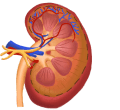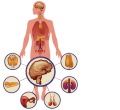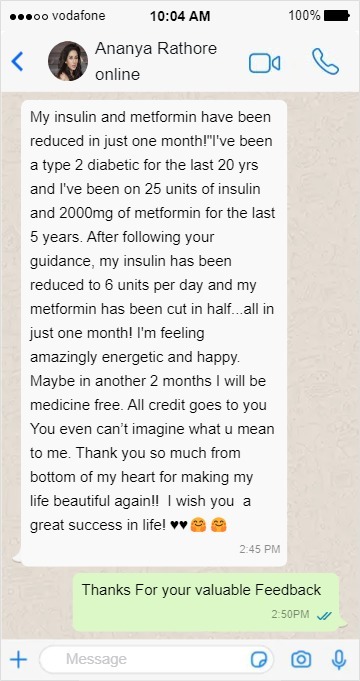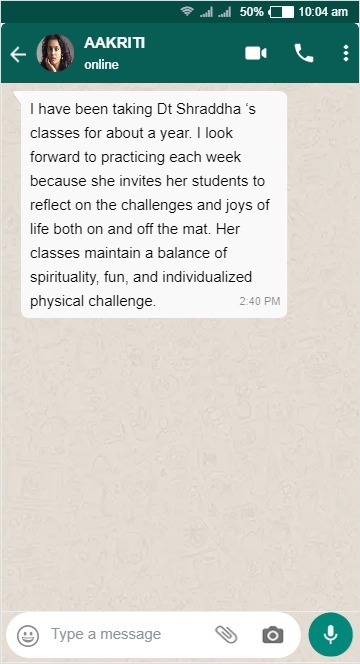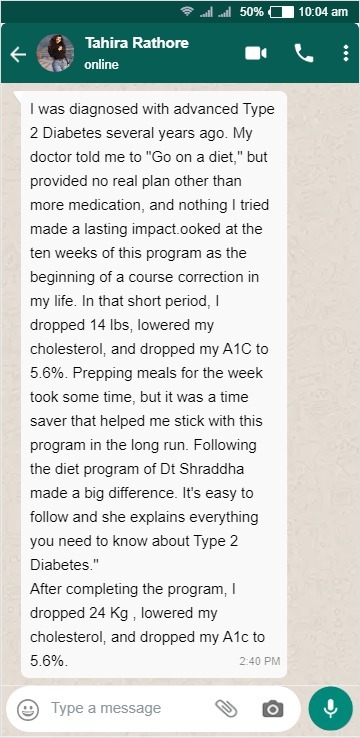Do You Want To Reduce Your Diabetes Naturally
No more pills,no more insulin ,diabetes reversal made simple with homemade food
Complete your Registration for My Transformation Workshop!
Why Join Us?
Transform your health with personalized nutrition and expert guidance.

Meet our Mentor
Dietician Shraddha Singh is a well known dietician and wellness coach.She completed her masters degree of MSc from Banaras Hindu University ‘She did her PG Diploma in Yoga and Alternative therapy from Dev Sanskriti Vishwavidyalaya ( Haridwar ). She also completed Diploma in Yogasanas from Pathanjali Yogalaya. Dt Shraddha is also Reiki Healer 2nd degree from USUI SYSTEM She also deals with problems related to Female Nutrition .She has successfully managed to reverse diabetes in my clients including herself.She also deals with antiageing yoga massages and lymphatic drainage of face ,helping her clients to look young and age gracefully.
Diabetes Reversal Expert
Face Yoga Trainer
Presently With Healthyfy Institute HHE-IRC/1178
Welcome to Heal Urself with Dt. Shraddha, where a dedicated team of experts is committed to guiding you towards a healthier and happier lifestyle. At our center, we believe in the power of holistic wellness to transform lives. As a group of skilled dieticians, trainers, yoga experts, and meditation practitioners, we specialize in providing comprehensive lifestyle guidance aimed at reversing diseases and promoting overall well-being.
Our approach is rooted in personalized care, tailored to meet your unique needs and goals. Whether you're seeking to manage a specific health condition, improve your fitness level, or simply enhance your quality of life, we're here to support you every step of the way.
Through evidence-based nutrition plans, invigorating yoga sessions, mindful meditation practices, and expert guidance, we empower individuals to take control of their health and embark on a journey of self-healing and rejuvenation.
Join us at Heal Urself with Dt. Shraddha, and let's work together to unlock your full potential and embrace a life of vitality and wellness."

You Should Join If You Are
How This Consultation Will Help You
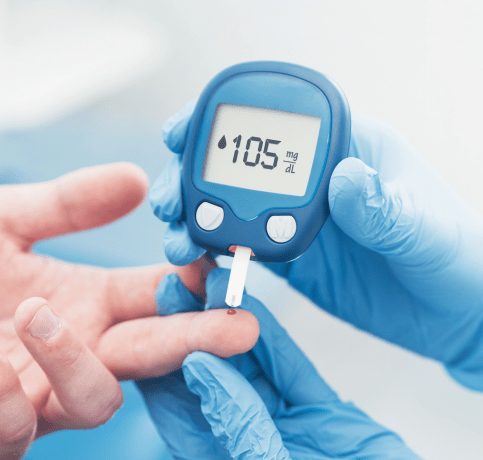
Discover the root cause of diabetes.
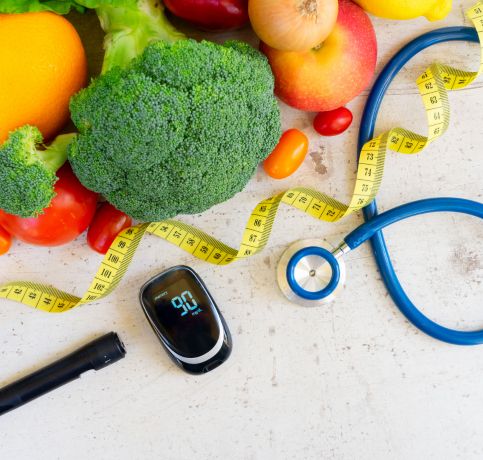
How to manage diabetes effectively.

Unfold do’s and dont”s of your diet.

Unlock the guidance for diabetic free life.

Uncover stress management techniques to lead a more balanced life

Learn to build confidence to better manage your diabetes
BONUS

₹2000

₹2000

₹2000

₹2000

₹2000

₹2000
Service Recipient Says
Cost Of Not Taking Action
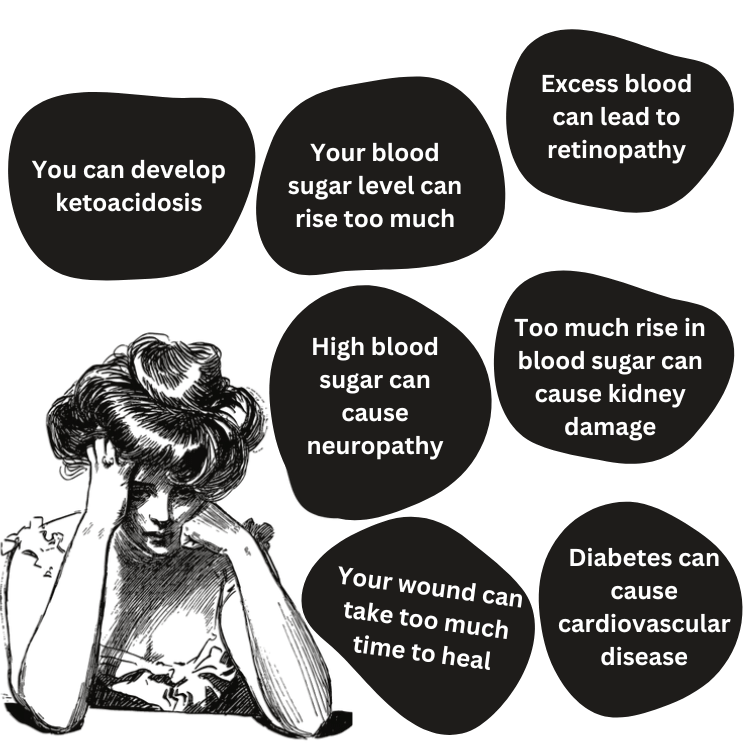
Meet Our Mentor

Faq's
Frequently Asked Questions
- Yes, type 2 diabetes can often be reversed or significantly improved through lifestyle changes such as adopting a healthy diet, engaging in regular physical activity, maintaining a healthy weight, and managing stress. It's essential to work closely with healthcare professionals to develop a personalized treatment plan.







